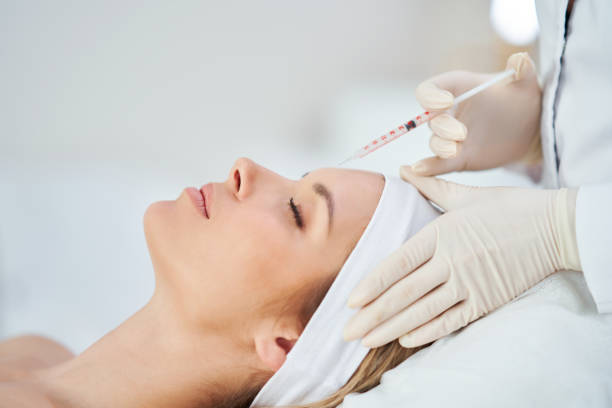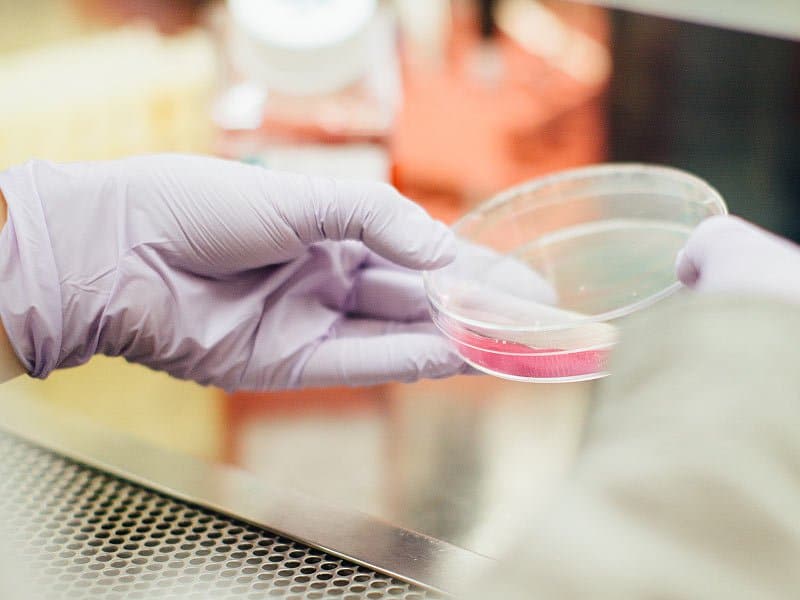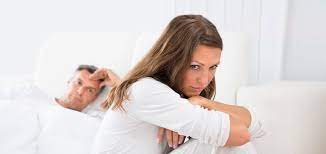Solutions for Hot Flashes and Night Sweats Menopause Relief Options

Hot flashes and night sweats are among the most common and distressing symptoms of menopause. These sudden surges of heat can cause discomfort, disrupt sleep, and significantly impact a woman’s quality of life. As the body adjusts to hormonal changes during menopause, fluctuations in estrogen levels trigger these uncomfortable symptoms. Fortunately, various treatments and lifestyle strategies can provide relief. From medical interventions to natural remedies, women now have a wide array of options to help manage hot flashes and night sweats effectively.
Understanding Hot Flashes and Night Sweats:
Hot flashes are sudden feelings of intense warmth, often accompanied by sweating, redness, and a sensation of heat that starts in the chest or face and spreads throughout the body. Night sweats are essentially hot flashes that occur during sleep, often waking a woman up in the middle of the night and causing disrupted sleep patterns. These symptoms are caused by changes in hormone levels, particularly the drop in estrogen during menopause. The frequency and severity of hot flashes and night sweats can vary from woman to woman, with some experiencing occasional episodes and others enduring them regularly. Understanding the triggers and causes is crucial in choosing the best treatments for relief.
Hormone Replacement Therapy for Hot Flash Relief:
One of the most well-known treatments for hot flashes and night sweats is hormone replacement therapy (HRT). HRT involves replacing the estrogen that the body no longer produces after menopause, helping to balance hormone levels and reduce symptoms. Estrogen therapy has been proven to be highly effective in relieving hot flashes, night sweats, and other menopause-related symptoms. It can be administered in various forms, including oral pills, patches, gels, and vaginal rings, allowing women to choose the delivery method that works best for them. However, HRT is not suitable for everyone, particularly those with a history of certain health conditions such as breast cancer or blood clots. Consulting with a healthcare provider is essential to weigh the benefits and risks of HRT.
Non-Hormonal Medications for Managing Hot Flashes:
For women who cannot or prefer not to use hormone therapy, there are several non-hormonal medications that can provide relief from hot flashes and night sweats. One commonly prescribed option is selective serotonin and norepinephrine reuptake inhibitors (SNRIs), which are typically used to treat depression but have also been found to reduce the frequency of hot flashes. Other medications such as gabapentin, an anticonvulsant drug, have been shown to help reduce hot flashes, especially for women who also experience sleep disturbances due to night sweats. Clonidine, a medication used to treat high blood pressure, is another option that can help alleviate hot flashes in some women. These non-hormonal options can offer effective symptom relief for those seeking alternatives to HRT.
Lifestyle Modifications to Minimize Symptoms:
Adopting certain lifestyle changes can play a significant role in reducing the severity of hot flashes and night sweats. Maintaining a cool environment is essential, particularly during the night. Using fans, wearing light and breathable clothing, and keeping the bedroom temperature comfortable can help reduce sweating and discomfort during sleep. Avoiding triggers such as spicy foods, alcohol, and caffeine can also minimize the occurrence of hot flashes. Regular physical activity is another powerful tool in managing menopause symptoms. Exercise can help regulate body temperature, improve sleep quality, and reduce stress, all of which can contribute to fewer and less intense hot flashes. Practicing relaxation techniques such as yoga, deep breathing exercises, and meditation can further help alleviate stress and minimize symptoms.
Natural Remedies for Hot Flash Relief:
Many women turn to natural remedies as a complementary or alternative treatment for hot flashes and night sweats. Herbal supplements such as black cohosh, red clover, and evening primrose oil have been used for centuries to help manage menopause symptoms. Some studies suggest that black cohosh, in particular, may reduce the frequency and severity of hot flashes, though more research is needed to confirm its effectiveness. Acupuncture is another natural remedy that has gained popularity for relieving hot flashes and night sweats. It is believed to help balance the body’s energy and promote hormonal balance, offering a non-invasive treatment option. While natural remedies can provide symptom relief, it is important to consult with a healthcare provider before starting any new treatment, as herbal supplements can interact with other medications.
Psychological Support for Managing Symptoms:
While hot flashes and night sweats are physical symptoms, the emotional toll of menopause should not be underestimated. The disruption to sleep caused by night sweats can lead to fatigue, irritability, and mood swings. Additionally, the constant physical discomfort can contribute to anxiety and stress. Seeking psychological support, such as cognitive-behavioral therapy (CBT), can help women cope with the emotional and mental challenges of menopause. Support groups can also provide a valuable sense of community, allowing women to share their experiences and learn coping strategies from others facing similar challenges. Managing stress and mental health during menopause is crucial for overall well-being and can help reduce the intensity of symptoms.
Conclusion:
Managing hot flashes and night sweats during menopause is a multifaceted process that requires a combination of medical treatments, lifestyle adjustments, and natural remedies. Hormone replacement therapy and non-hormonal medications can provide effective relief for many women, while lifestyle changes such as exercise, diet, and stress management techniques can further improve quality of life. Natural remedies like herbal supplements and acupuncture can offer additional symptom relief, though they should be used under the guidance of a healthcare provider. Addressing the psychological impact of menopause is just as important, as emotional well-being plays a significant role in managing physical symptoms. With the right treatment plan and support, women can find relief from hot flashes and night sweats and navigate menopause with greater comfort and ease.
Note: IndiBlogHub features both user-submitted and editorial content. We do not verify third-party contributions. Read our Disclaimer and Privacy Policyfor details.







